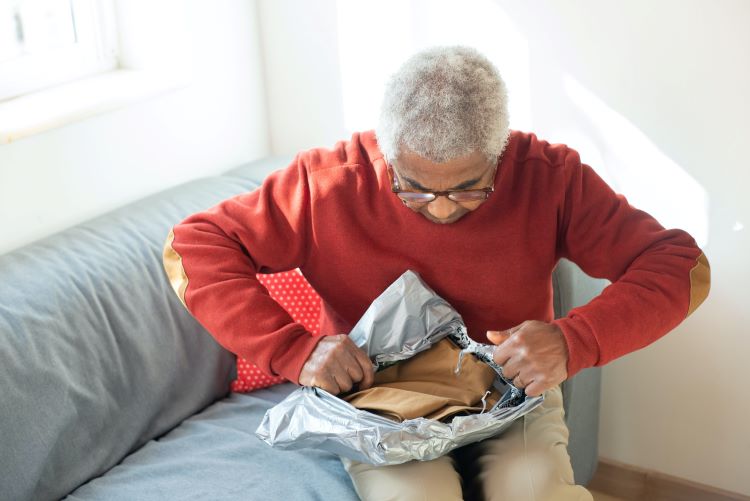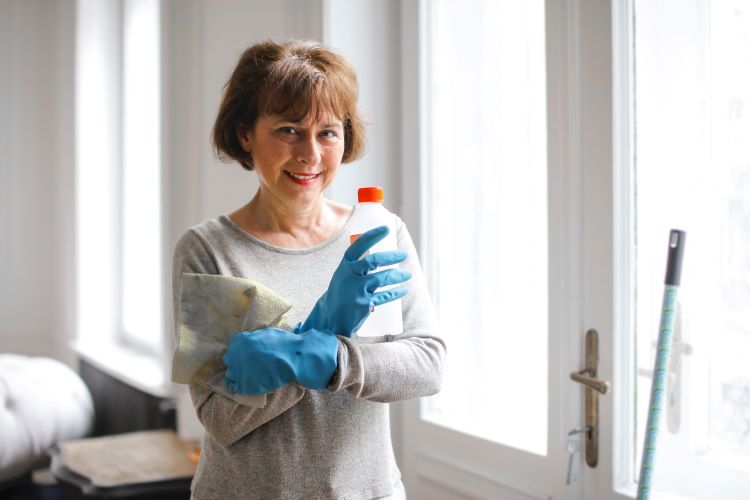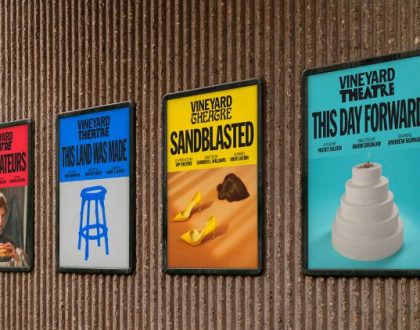Design Age Institute petitions for inclusive packaging design standard

by IBRAHIM
Design Age Institute petitions for inclusive packaging design standard
The institute’s director believes that a “minimum inclusive design standard” can be achieved without “interfering too much with commercial aspects”.
The Royal College of Art’s (RCA’s) Design Age Institute and membership group University of the Third Age (u3a) have launched an official UK Government and Parliament petition recommending implementation of an inclusive design standard for packaging.
The aim of the petition is to spark a debate in parliament on the issue of poorly designed packaging. It comes after the Design Age Institute’s recently published report revealed that more than 60% of the 2000 respondents aged 55 to 104 find opening packaging to be a big stress factor in their home.
This includes consumer, grocery and medication packaging, such as ring pulls, glass jars, clingfilm, peel-back labels, and resealable packaging.

“It’s dehumanising when you can’t open a packet of bacon or unscrew a bottle and you have to ask a neighbour to do it for you”, says RCA’s Design Age Institute director Colum Lowe. He adds that some people might resort to using sharp objects to get into packaging, which carries its own risks.
Design Age Institute identified the problem when trying to “create a list of the best products and services for older adults” but ended up finding the opposite, says Lowe.
He explains that other organisations have been working in this space for a while, through research and making recommendations to manufacturers, but “nothing has changed”. This is when he decided the next step should be bringing about new legislation.

Lowe started as an interior designer working in retail and office spaces, and so became familiar with Part M of Building Regulations, which complies with the Equality Act 2010. This stipulates that buildings must be accessible, not only to disabled people, but also to people who regularly use prams and other wheeled devices.
No such regulation exists for packaging and Lowe says the petition will force the government to question “why not?”. Lowe believes that, if the Equality Act can apply to buildings and some public transport, “it can also apply to many more things that people come into contact with every day”. He adds that undergoing “minor adaptations” could make countless products and services “truly accessible”.

Manufacturers have improved standards of packaging in some ways, such as making sure perishables last longer with less preservative, but Lowe says one of the “unintended consequences” of this is that it becomes harder to open. The petition is just one part of a four-point action plan devised by the Design Age Institute.
The institute intends to carry out more research with design institutions and businesses to help identify what the “minimum inclusive design standard would be” without “interfering too much with commercial aspects”, according to Lowe. He says that it also plans to “create a directory of products and service” that can help people open various packaging.
Another ambition is to create an accreditation for businesses which they can include on their packaging to show that it is easy to use, similar to a recycling symbol icon.
To warrant a response from the government, the petition needs to gather 10,000 signatures but to initiate a debate in parliament it will need at least 100,000 signatures in the next 6 months.
You can find out more and sign the petition on the UK Government and Parliament website.
Recommended Posts

NB invites local designers centre stage for Vineyard Theatre rebrand
February 24, 2023

“AI revolution” will change way design studios look within three years
February 24, 2023

Rbl rebrands ZSL with ecosystem-inspired identity
February 23, 2023

